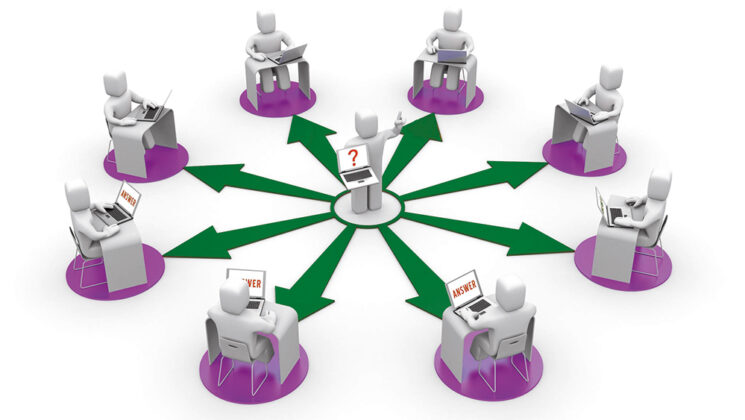The introduction of hybrid and remote working for many employees across the public sector has been a necessity throughout the pandemic but now also offers the opportunity for more permanent changes in work practises to create a fairer world of work post-pandemic, particularly for those with caring responsibilities or disabilities.
However, these changes must be inclusive and regardless of whether employees or on site or working from home, have the same opportunities and have a voice in their workplace.
The permanent switch to more home working may lead to rising gender inequality in the workplace, according to experts, unless employers carefully monitor their new working policies to make sure women and disabled workers aren’t disadvantaged.
UNISON South East undertook a survey of public sector workers during the autumn of 2021, which was promoted via the SE Activist, website, social media and through equality networks.
Many employers have already introduced hybrid or agile working policies, and UNISON branches have been involved in negotiations over this for some time during 2021.
- 63% of respondents told us their employer had brought in a new policy, and 24% said their employer was working on it.
- For over 60% of respondents, this is a permanent change to the way they will work, rather than a short term solution to deal with working during the pandemic.
Whilst the majority of respondents welcomed the changes, the concerns expressed demonstrated that UNISON continues to have a role to play in ensuring that changes are made through proper consultation in order to fully address the issues identified.
- 21% of respondents told us that they had had less access to development opportunities whilst working remotely.
- 34% of respondents had no control or choice over when they could work remotely and when they are expected to be in the workplace.
- Some employers have used the pandemic to reassess building requirements, with 46% of respondents telling us that workplaces had been closed or repurposed as a result of remote working during the pandemic.
- For a significant number of people (44%), this meant that their workplace had changed, sometimes leading to longer commutes, the lack of a designated desk, and for some members with a disability, reduced access to the workplace.
The next steps in the campaign will be to develop guidance & resources to ensure equality remains at the heart of any hybrid working policies and to create an inclusive hybrid culture.
We will be developing a new post-covid equality focussed bargaining checklist, including H&S implications, develop resources for recruiting and organising around the issues and develop short workshop to be delivered in branch committees to support negotiators.
Find out more and read UNISON’s guide to bargaining over hybrid and remote working

